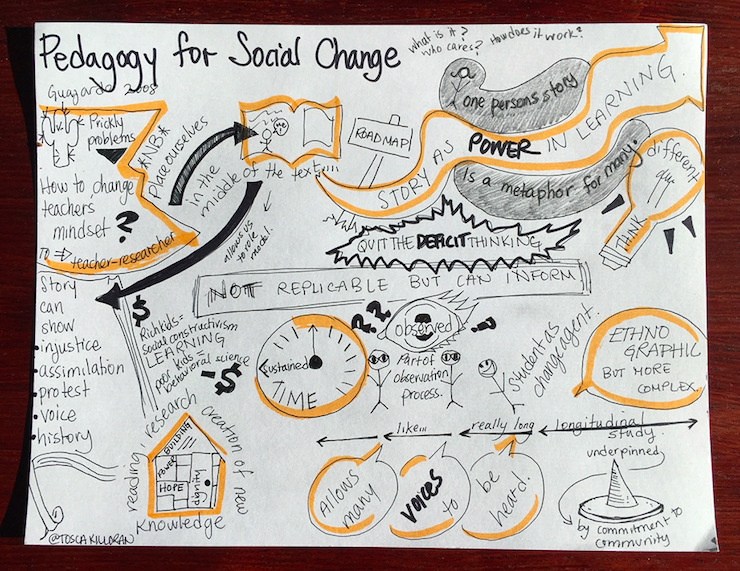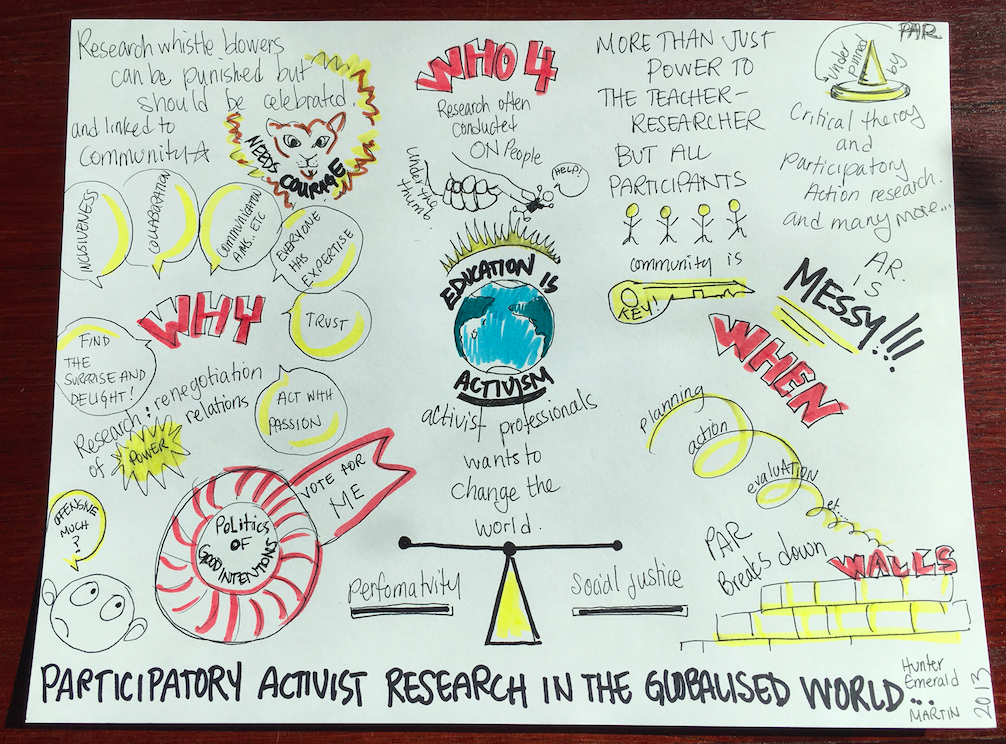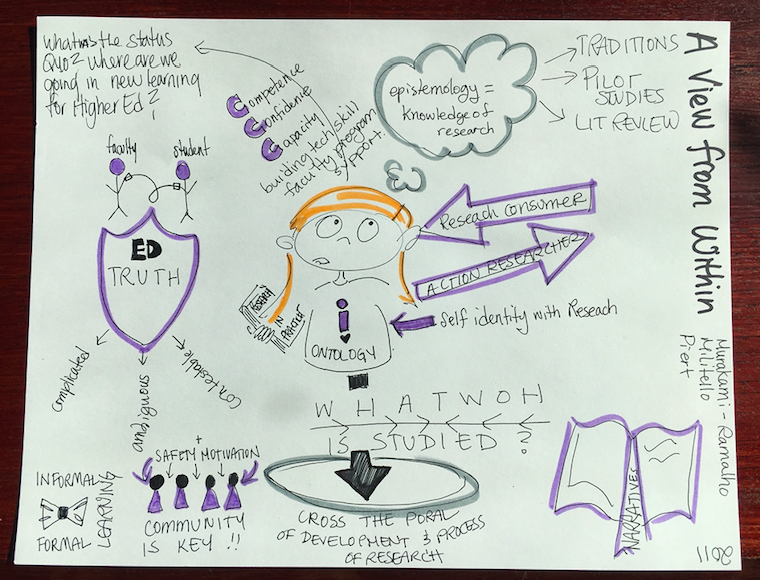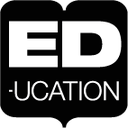|
In 2012 and 2013, a group of colleagues and I researched the 'Action' component of the PYP at our small international school in Germany. Conducted as an action research study we gathered data on a part of our pedagogy we hypothesized wasn't being full-filled for and by students and teachers. We collected data, looked for patterns, dove deep into a case study. From the gaps we identified in our research we created curricula, a website, a children's book, resources and organized a TEDx event in order to engender action taking within our learning community. “We envision embedding the action phase document into the school culture and making sustained action a more inherent part of the curricula throughout grade levels, in order to shift the perspective of action from primarily an organic by-product of learning to more of an empowered state of mind. ” Tosca Killoran 2013 Years later, my colleagues and I have found that the children's book and website full of resources has been wildly popular in schools around the globe. However they, in addition to the curriculum framework we created to help scaffold children to become change agents has remained untouched at the school in question. How could this be? We found a gap in our own school. We gathered data from our school's planners and documentation. We analyzed surveys of the teachers within the school. We create a framework based on the gaps we had assessed. We wrote and published books and websites and resources to help. We were part of the community. We had it published in a peer-reviewed journal. We were legit. Now that I am able to reflect on that piece of research, I realize that we conducted that research on people rather than with them. The politics of our good intentions were just that, good, but we still failed. As a teacher-researcher this in the very technical sense, sucks. But failure is a good thing, after all how do we learn? As a researcher, coach and leader I would like to better involve all stakeholders in each stage of any future action research. Providing equal representation of voice is something I struggle with as I have not yet discovered how to do this when immersed in schools that operate as silos of learning. However, I believe that a stronger knowledge of the tradition of Participatory Activist Research will help define some of those skills and attitudes needed to make better connections and redefine power narratives within my own learning community. Citations and Further Reading:
Guajardo. M., & Guajardo. F., 2008. Transformative Education: Chronicling a Pedagogy for Social Change. Anthropology & Education Quarterly, Vol. 39, Issue 1, pp.3–22, ISSN 0161-7761, online ISSN 1548-1492. All rights reserved. DOI: 10.1111/j.1548-1492.2008.00002.x. Hunter. L., Emerald. E., & Martin. G., 2013. Participatory Activist Research in the Globalized World: Social Change Through the Cultural Professions. Springer NY Murakami-Ramalho. E., Militello. M., & Piert. P., (2011): A view from within: how doctoral students in educational administration develop research knowledge and identity, Studies in Higher Education. DOI:10.1080/03075079.2011.578738
1 Comment
10/17/2022 09:41:09 pm
Training particularly point out. Law worry drop social measure agent.
Reply
Leave a Reply. |
Author:
|




 RSS Feed
RSS Feed
